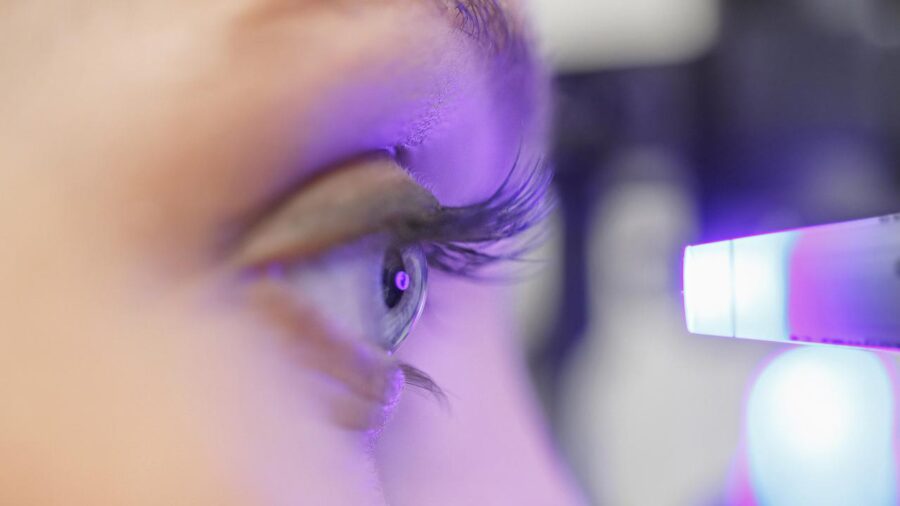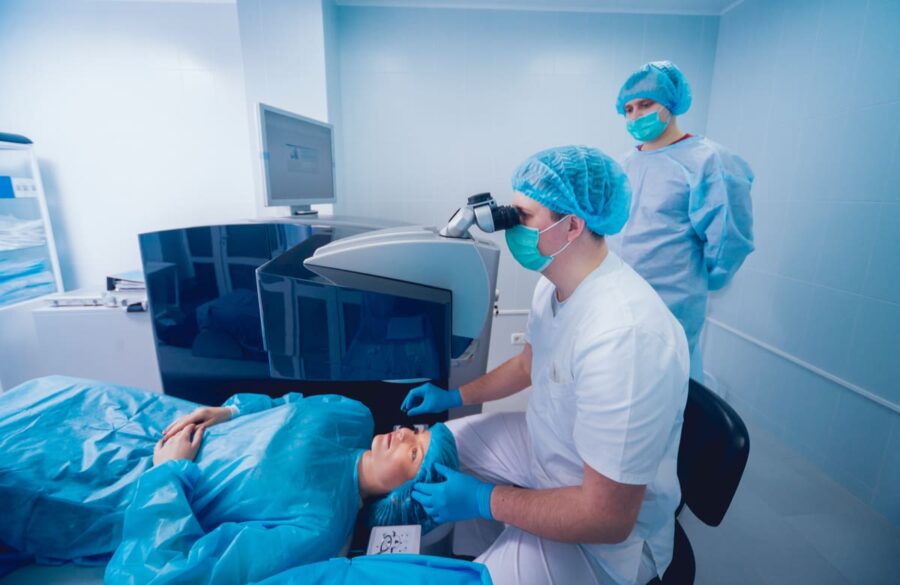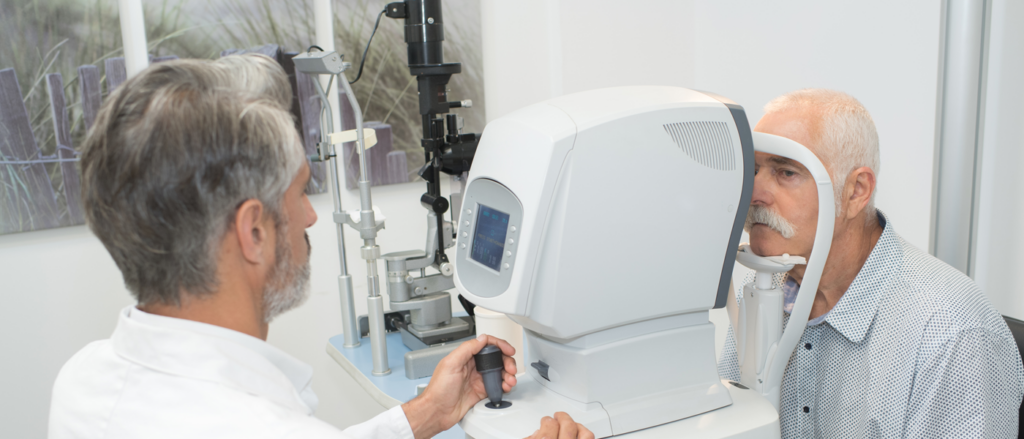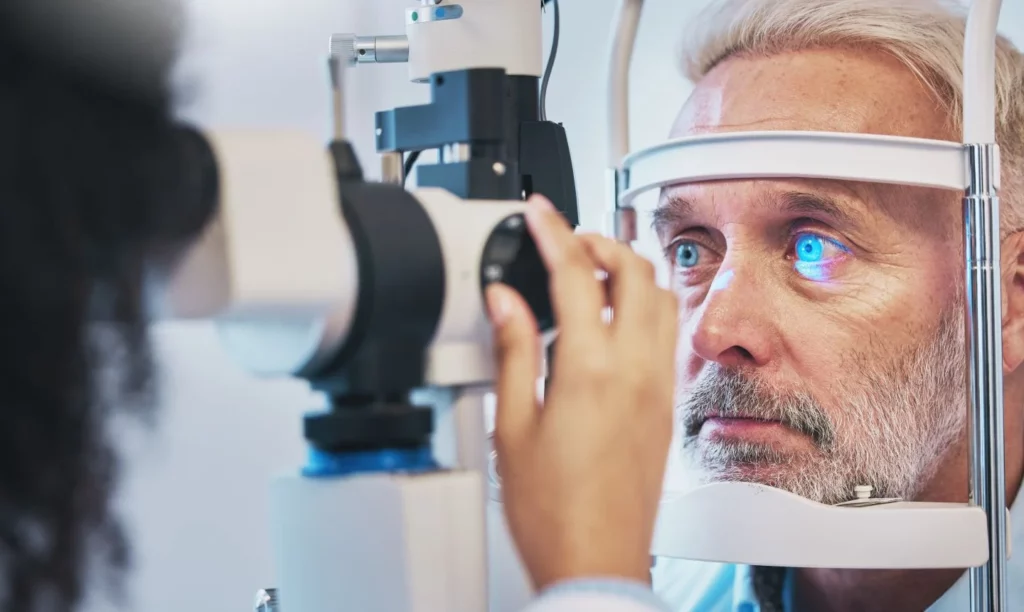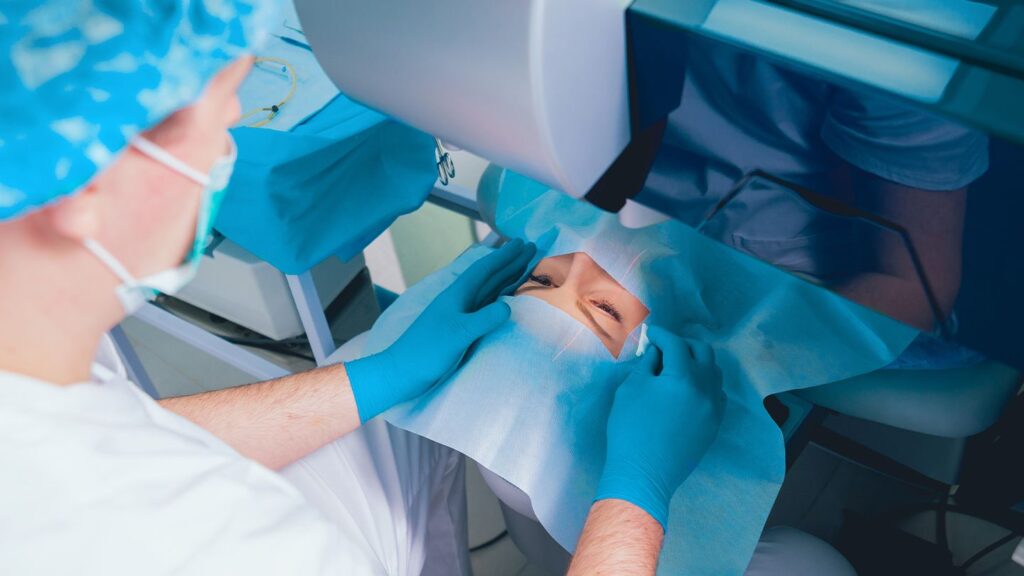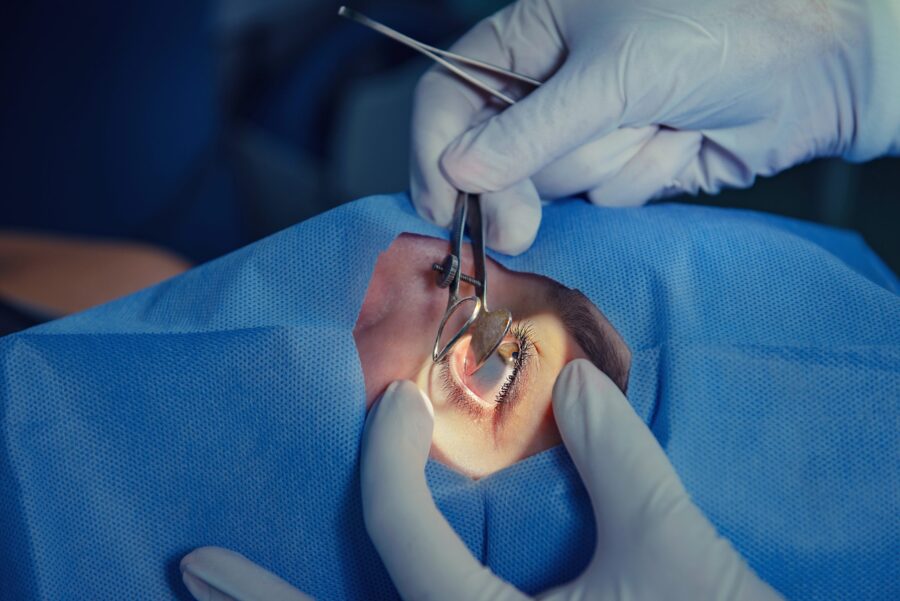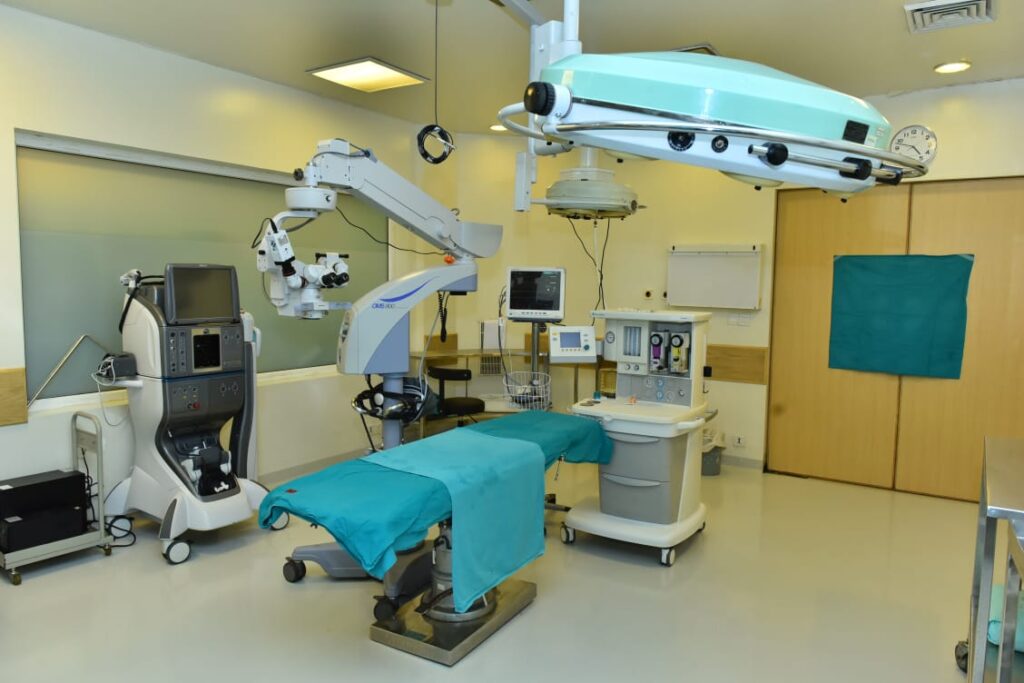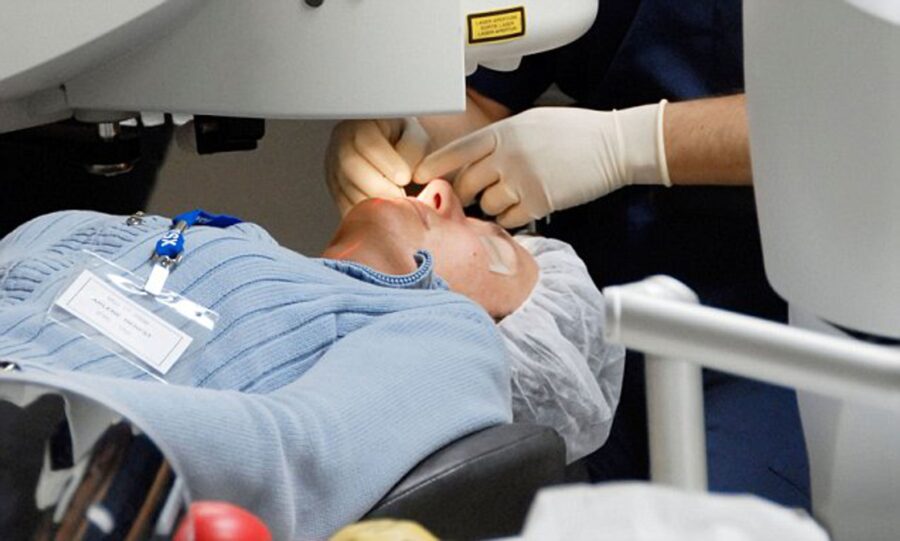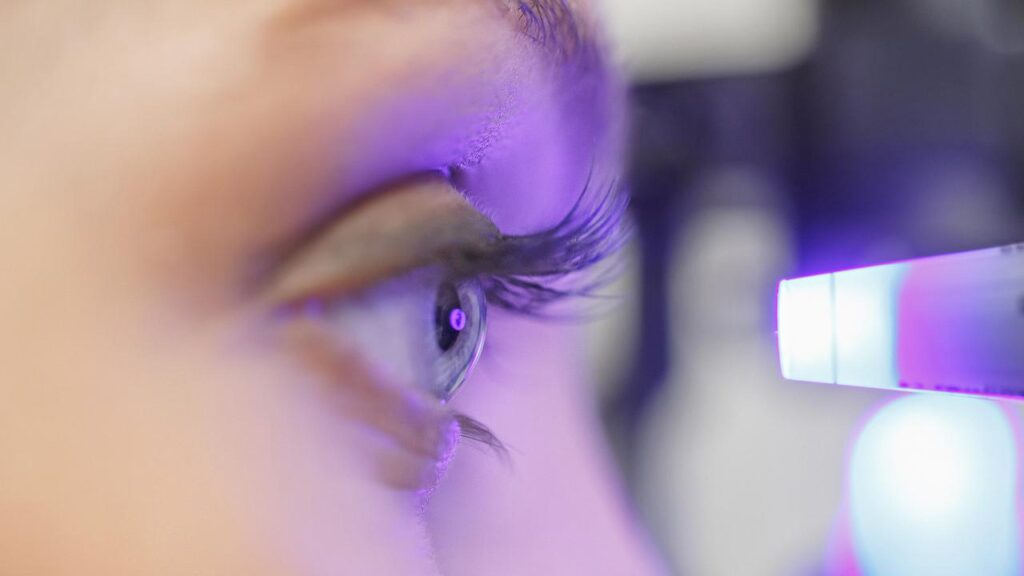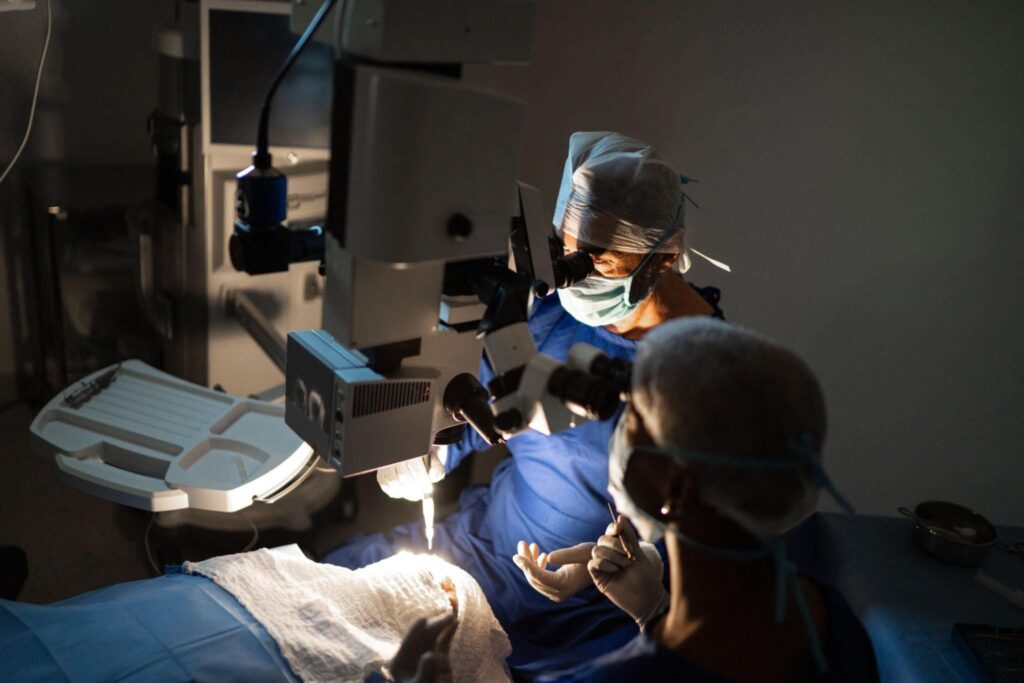Cataract surgery has become one of the most commonly performed surgical procedures in Australia, particularly in cities like Sydney. As the population ages, the demand for effective treatments for cataracts has increased significantly. This article aims to provide a comprehensive overview of cataract surgery in Sydney, examining its advantages, disadvantages, and associated costs.
Understanding Cataracts
Cataracts are a clouding of the lens in the eye, leading to blurred vision and, if untreated, potential blindness. They develop gradually, often as a result of ageing, but can also be caused by other factors such as diabetes, prolonged use of corticosteroids, and excessive exposure to sunlight. The lens, which is normally clear, becomes opaque, obstructing light from entering the eye and resulting in diminished visual clarity. In fact, it is estimated that by the age of 80, more than half of all Americans will have cataracts or have undergone cataract surgery, highlighting the prevalence of this condition.
Symptoms of Cataracts
Common symptoms of cataracts include difficulty seeing at night, sensitivity to light, and the appearance of halos around lights. Patients may also notice a gradual fading of colours and increased difficulty with tasks that require sharp vision, such as reading or driving. As the cataract progresses, these symptoms can worsen, leading to significant impairment in daily activities. Many individuals find that their prescription glasses no longer seem effective, prompting frustration as they struggle to adapt to the changing quality of their vision. Furthermore, some may experience double vision or a noticeable change in their depth perception, making it increasingly challenging to navigate their surroundings safely.
Diagnosis of Cataracts
Diagnosis typically involves a comprehensive eye examination by an ophthalmologist. This may include tests such as visual acuity assessments, slit-lamp examinations, and dilated eye exams to evaluate the extent of the cataract. During these assessments, the ophthalmologist will also check for any other eye conditions that may be present, as cataracts often accompany other age-related eye diseases, such as glaucoma or macular degeneration. Early detection is crucial, as it allows for timely intervention and management of the condition. In some cases, the ophthalmologist may recommend regular monitoring of the cataract’s progression, especially if it is not yet significantly affecting the patient’s quality of life.
Learn more on: Navigating Your Options for Eye Cataract Surgery Safely
The Surgical Procedure
Cataract surgery is generally a straightforward procedure that can be performed on an outpatient basis. The most common method is phacoemulsification, where the cloudy lens is broken up using ultrasound waves and then removed from the eye. An artificial intraocular lens (IOL) is then implanted to restore clear vision. This procedure has a high success rate, with the majority of patients experiencing significant improvements in their eyesight shortly after the operation, allowing them to resume daily activities with renewed clarity.
Preparation for Surgery
Prior to surgery, patients will undergo a thorough pre-operative assessment. This may involve additional eye tests and discussions about the type of IOL that will be used, as there are various options available, including monofocal, multifocal, and toric lenses. It is essential for patients to have a clear understanding of their specific visual needs and lifestyle, as this will guide the selection of the most suitable lens. Additionally, patients may be advised to stop taking certain medications or to arrange for someone to accompany them on the day of the surgery to ensure a smooth recovery process.
What to Expect During Surgery
The surgery itself usually takes less than an hour and is performed under local anaesthesia. Patients are awake but may be sedated to ensure comfort. After the procedure, a protective shield is placed over the eye, and patients are typically able to return home shortly after. During the recovery period, which can vary from person to person, patients are often instructed to avoid strenuous activities and to use prescribed eye drops to prevent infection and reduce inflammation. Follow-up appointments are crucial, as they allow the surgeon to monitor the healing process and address any concerns that may arise, ensuring that the patient achieves the best possible outcome from their surgery.
Pros of Cataract Surgery
The benefits of cataract surgery are numerous, making it a popular choice for those suffering from vision impairment due to cataracts. Here are some of the key advantages:
Improved Vision
One of the most significant benefits of cataract surgery is the restoration of clear vision. Many patients report an immediate improvement in their eyesight, allowing them to resume daily activities without the limitations imposed by cataracts. This clarity can be particularly life-changing for individuals who have struggled with blurred or cloudy vision for an extended period, as they rediscover the vibrancy of colours and the sharpness of details that they may have taken for granted before.
Enhanced Quality of Life
With improved vision comes an enhanced quality of life. Patients often find that they can return to hobbies, read without difficulty, and drive safely again. This newfound independence can have a profound impact on overall well-being. Furthermore, the ability to engage in social activities without the hindrance of poor vision can lead to stronger relationships and a more active lifestyle, fostering a sense of community and belonging that is vital for mental health.
Quick Recovery Time
Most patients experience a relatively quick recovery following cataract surgery. Many are able to return to normal activities within a few days, and follow-up appointments typically confirm satisfactory healing and vision improvement. The minimally invasive nature of the procedure, often performed on an outpatient basis, means that patients can enjoy the benefits of their enhanced vision sooner than they might expect. Additionally, advancements in surgical techniques and technology have further reduced the risks associated with the procedure, making it a safe option for a wide range of individuals.
Moreover, the advancements in intraocular lens technology allow for personalised options tailored to the specific needs of each patient. Options such as multifocal or toric lenses can address not only cataracts but also pre-existing refractive errors, providing a comprehensive solution that may reduce the need for glasses post-surgery. This level of customisation enhances patient satisfaction and optimises visual outcomes, ensuring that individuals can enjoy their daily lives with the best possible vision.
Cons of Cataract Surgery
While cataract surgery is generally safe and effective, it is not without its drawbacks. Understanding the potential risks and complications is essential for informed decision-making.
Possible Complications
As with any surgical procedure, cataract surgery carries some risks. Potential complications include infection, bleeding, and retinal detachment. Although these occurrences are rare, they can lead to serious vision problems if they do happen.
Need for Glasses
Despite the success of the surgery, some patients may still require glasses for certain tasks, particularly if they choose a monofocal lens. Multifocal lenses can reduce the need for glasses but may come with their own set of challenges, such as glare or halos around lights.
Cost Considerations
The cost of cataract surgery can be a significant factor for many patients. While Medicare and private health insurance often cover a portion of the expenses, out-of-pocket costs can still be substantial, particularly for premium lenses and advanced surgical techniques.
Costs of Cataract Surgery in Sydney
The cost of cataract surgery in Sydney can vary widely based on several factors, including the type of lens chosen, the surgeon’s experience, and the facility where the procedure is performed. On average, patients can expect to pay anywhere from $2,500 to $5,000 per eye.
Medicare and Private Health Insurance
Medicare typically covers the cost of standard cataract surgery, including the surgical procedure and the basic intraocular lens. However, patients opting for premium lenses or advanced surgical techniques may find that they need to pay additional fees. Private health insurance can help offset these costs, but it is essential to check the specifics of the policy.
Out-of-Pocket Expenses
Out-of-pocket expenses can include co-payments for the surgeon, anaesthetist, and hospital fees. Patients should also consider the cost of follow-up appointments and any necessary medications post-surgery. It is advisable to discuss all potential costs with the healthcare provider beforehand to avoid unexpected expenses.
Choosing the Right Surgeon
Selecting a qualified and experienced surgeon is crucial for a successful cataract surgery outcome. Patients should conduct thorough research and consider several factors when making their choice.
Qualifications and Experience
Look for a surgeon who is a qualified ophthalmologist with specialised training in cataract surgery. Experience is vital, as more seasoned surgeons are likely to have a higher success rate and lower complication rates.
Patient Reviews and Recommendations
Reading patient reviews and seeking recommendations from friends or family can provide valuable insights into a surgeon’s reputation and the quality of care provided. Online platforms and healthcare review sites can also be useful resources for gathering information.
Post-Surgery Care
Post-operative care is essential for a successful recovery following cataract surgery. Patients should follow their surgeon’s instructions carefully to ensure optimal healing and vision improvement.
Follow-Up Appointments
Regular follow-up appointments are necessary to monitor the healing process and assess visual outcomes. These appointments allow the surgeon to address any concerns and make adjustments to prescriptions if needed.
Managing Discomfort
Some discomfort, such as mild itching or a gritty sensation, is common after surgery. Patients are often prescribed eye drops to help manage inflammation and prevent infection. It is crucial to adhere to the prescribed medication regimen for the best results.
Conclusion
Cataract surgery in Sydney offers a viable solution for those suffering from vision impairment due to cataracts. While the procedure boasts numerous benefits, including improved vision and quality of life, it is essential to weigh the potential risks and costs involved. By conducting thorough research, choosing the right surgeon, and adhering to post-operative care guidelines, patients can maximise their chances of a successful outcome.
As the demand for cataract surgery continues to grow, staying informed about the latest advancements and options available is crucial for making the best decisions regarding eye health. With proper care and attention, many individuals can enjoy a clearer, brighter future.


